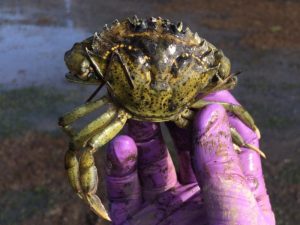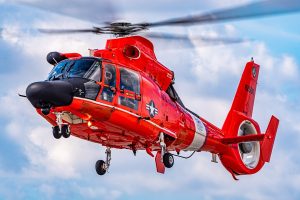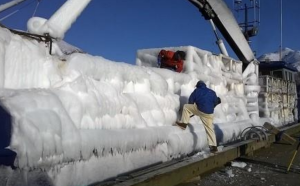US Court Dismisses Alaska Fishing Group’s Halibut Bycatch Lawsuit
 A recent legal battle between the Groundfish Forum, representing the interests of Alaska’s flatfish fishing sector, and the U.S. government over new halibut bycatch regulations ended in favor of the National Marine Fisheries Service (NMFS). In a ruling delivered by U.S. District Judge Sharon Gleason, the court upheld Amendment 123, a decision that reinforces the government’s approach to managing halibut bycatch in the Bering Sea and Aleutian Islands (BSAI) fisheries. This case is an example of the tension between regulatory bodies, conservationists, and the fishing industry regarding sustainable practices in one of the world’s most economically valuable fishing zones.
A recent legal battle between the Groundfish Forum, representing the interests of Alaska’s flatfish fishing sector, and the U.S. government over new halibut bycatch regulations ended in favor of the National Marine Fisheries Service (NMFS). In a ruling delivered by U.S. District Judge Sharon Gleason, the court upheld Amendment 123, a decision that reinforces the government’s approach to managing halibut bycatch in the Bering Sea and Aleutian Islands (BSAI) fisheries. This case is an example of the tension between regulatory bodies, conservationists, and the fishing industry regarding sustainable practices in one of the world’s most economically valuable fishing zones.
The Alaska flatfish fishing industry, especially its bottom trawling sector, plays a substantial role in the BSAI region. However, the industry has long faced scrutiny over halibut bycatch. Limits have traditionally been a source of contention due to their direct effect on fishery profits and the need to protect halibut stocks, a critical species for commercial, recreational, and subsistence fishers.
“CBSFA has worked for nearly a decade to have the management of halibut bycatch changed to be more responsive to changes in the health of the halibut resource – to be abundance-based – and now we finally have closure,” said CBSFA President Ray Melovidov in response to the ruling.
 Maritime Injury Law Blog
Maritime Injury Law Blog











